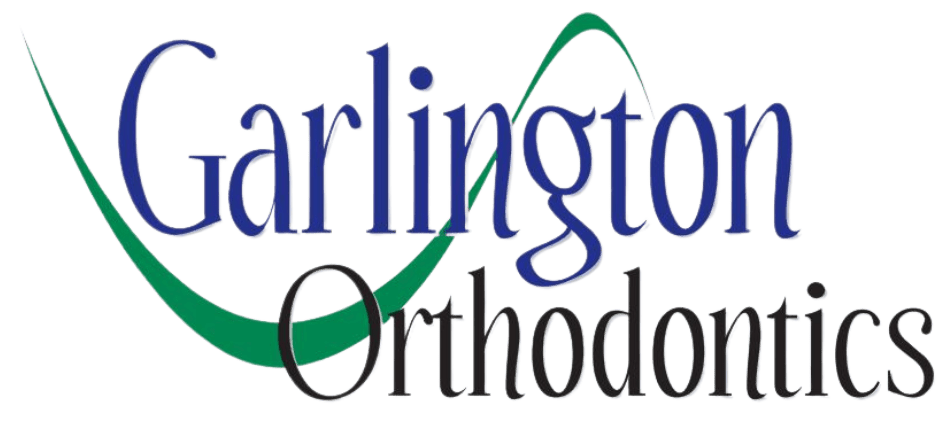At Garlington Orthodontics, we strive to give all our Long Beach, CA, patients comprehensive treatment for their orthodontic issues. With orthodontics, we diagnose, prevent, and treat irregularities with teeth and jaw alignment. Many patients have orthodontic concerns, such as crooked teeth, overbites, and underbites. Of course, these issues can affect the look of your smile. However, orthodontic problems can also affect your oral health and well-being.
Whether you are a teen or an adult considering options to enhance your smile, we have treatments available. We aim to provide valuable insights and resources on your journey towards a healthier, more confident smile.

Common Orthodontic Concerns in Long Beach, CA
If you have concerns about your teeth, don’t worry—you’re not alone! With Dr. Garlington’s help, we can diagnose your teeth’s problems and find the right options.
Crooked Teeth
Crooked teeth occur when your teeth do not align properly. This can happen for a variety of reasons. For example, thumb sucking, overcrowding, and early loss of baby teeth can cause teeth to develop incorrectly. Also, some people have crooked teeth due to genetics. Having crooked teeth can affect the look of your smile. However, it can also make it difficult for you to clean your teeth properly. As a result, you may be at a higher risk of developing tooth decay and gum disease.
To treat crooked teeth, we usually recommend clear aligners like Invisalign. Dr. Garlington will create a customized treatment plan to gradually move your teeth into the correct position. When using Invisalign, you will have a thorough outline of your treatment and potential results. While treatment times vary for each person, your result will be a straighter, healthier smile.
Deep Bite
A deep bite occurs when the upper front teeth excessively overlap the lower front teeth when biting down. You can develop this condition due to genetics, thumb sucking, or prolonged use of pacifiers during childhood. Patients can experience jaw pain and even speech difficulties with a deep bite. Also, they may have excessive wear and tear on their front teeth.
Treatment for a deep bite often involves braces to correct the bite relationship. In severe cases, you may need additional interventions for skeletal issues. Early detection and treatment of a deep bite can prevent more complications.
Open Bite
With an open bite, the upper and lower front teeth don’t touch when biting down, leaving an “open” gap between them. Tongue thrusting, prolonged bottle or pacifier use, or even genetics can cause this condition. An open bite can affect chewing and speech patterns, and a patient can develop jaw joint problems over time.
Orthodontic intervention is crucial to moving teeth into the right place. Some patients may need surgery to correct underlying skeletal issues, but they can greatly benefit from early intervention.
Orthodontic Relapse
Orthodontic relapse happens when teeth shift back to their original position after treatment. This can occur if you don’t wear your retainers, as your orthodontist recommends. Retainers are important to keep teeth in their new position. Regular exams and check-ups with Dr. Garlington can help monitor any movement. Following the retention plan helps maintain your straight smile.
Overbite
An overbite occurs when the upper front teeth overlap the lower front teeth vertically. When biting down, the lower teeth are covered more than usual. While a slight overbite is normal, excessive overbites can lead to jaw pain, tooth wear, and speech issues.
Dr. Garlington may suggest clear aligners. In some cases, patients may also need rubber bands or headgear to assist in bite correction.
Underbite
When the lower front teeth protrude past the upper front teeth when biting down, we call it an underbite. There are several ways you can develop an underbite, including genetics, jaw growth issues, or thumb sucking. An underbite can affect chewing, facial aesthetics, and overall oral health.
To treat an underbite, we may combine orthodontic treatment with surgery to move the teeth and jaws into the proper position.
